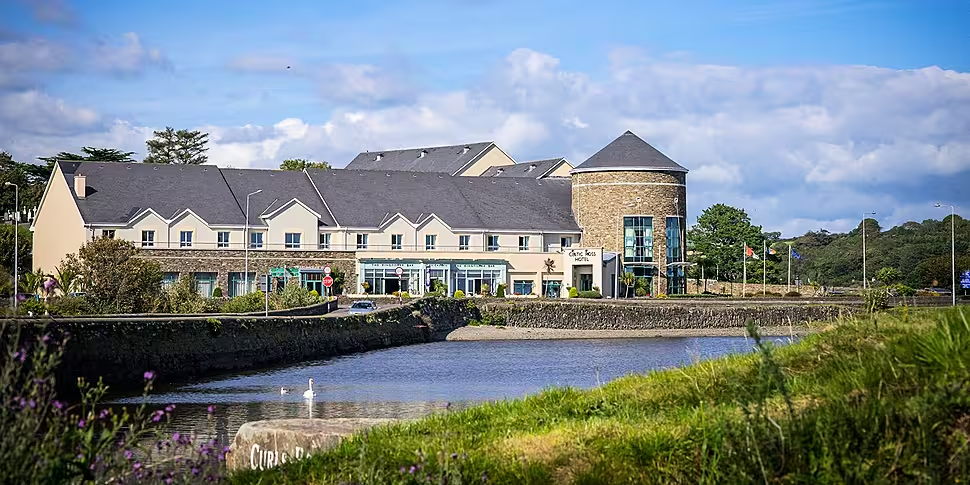Hotels housing refugees "not as massive a problem" as expected for the industry, despite increases in room rates and food prices.
The hospitality sector faced many challenges during the pandemic and now that tourism has largely returned, rising inflation, supply chain issues and the war in Ukraine loom.
Gerardo Lario Rizo, Head of Hospitality Sector with Bank of Ireland, joined Down to Business to discuss the latest challenges facing the industry.
"I wouldn't think it's actually a crisis", he said.
Closures
According to Mr Rizo, the perceived increase in restaurant and pub closures is down to a backlog post-pandemic.
"The business process that would have happened on a yearly basis with a churn of businesses opening and closing was disrupted during COVID ... what we're seeing now is probably a catch up with some closures."
He put this down to "government support, the warehousing of tax, and all of the other grants" that have been made available.
Refugees
"It's had an impact", Mr Rizo said on the high volume of Ukrainian refugees being housed in hotels.
"On a regular basis they have actually impacted more regional destinations."
"The demand is actually still not back to the pre-pandemic levels anyway. It's actually around 10% down on what was before", he said.
"It is actually not as massive of a problem as one would have actually envisage."
"It is still creating a problem for some locations where the demand was back up to those levels to house Ukrainians, and therefore, you know, help them to weather the storm."
'Not for the faint of heart'
Mr Rizo said that, while there are new challenges for hotel and restaurant owners and workers, "it's never been for the faint hearted".
"There's actually plenty of positive things."
"Unemployment is still actually at about 4% and has been at that for a long period of time."
"We actually have the government's grant, they're gonna be coming. The VAT rate remains at 9%, despite all the you know, the possible threats of it going up."
Price gouging
Many hotels, particularly in the capital, have been accused of hiking prices this year, but Mr Rizo expects it will balance out soon.
"Those price increases need to be given context, because not only were the prices going up, but they were going up to reflect investment that has happened in the sector."
"Over the last 10 years, over 35% of the hotels have actually been reclassified in one way or another."
"Having that better product means that rates would have naturally gone up."
He does concede that the food sector "could've been a bit better handled".
"Restaurants are not able to actually yield the prices like hotels are with the room rates, and obviously they're the ones that are probably at a disadvantage when it comes to that."
Listen back to the full conversation here.









